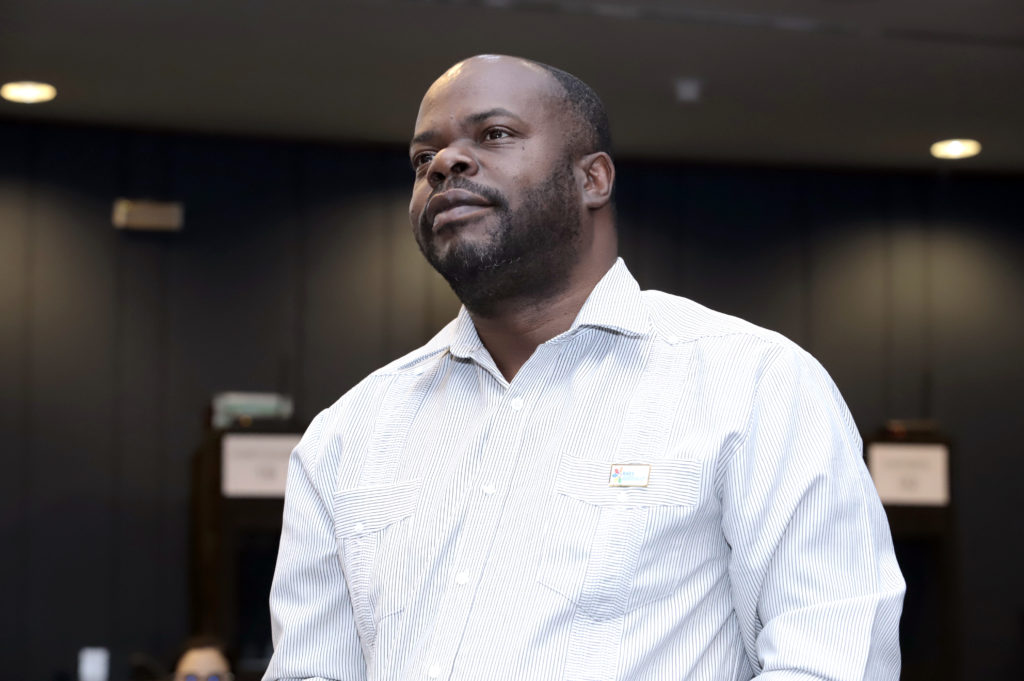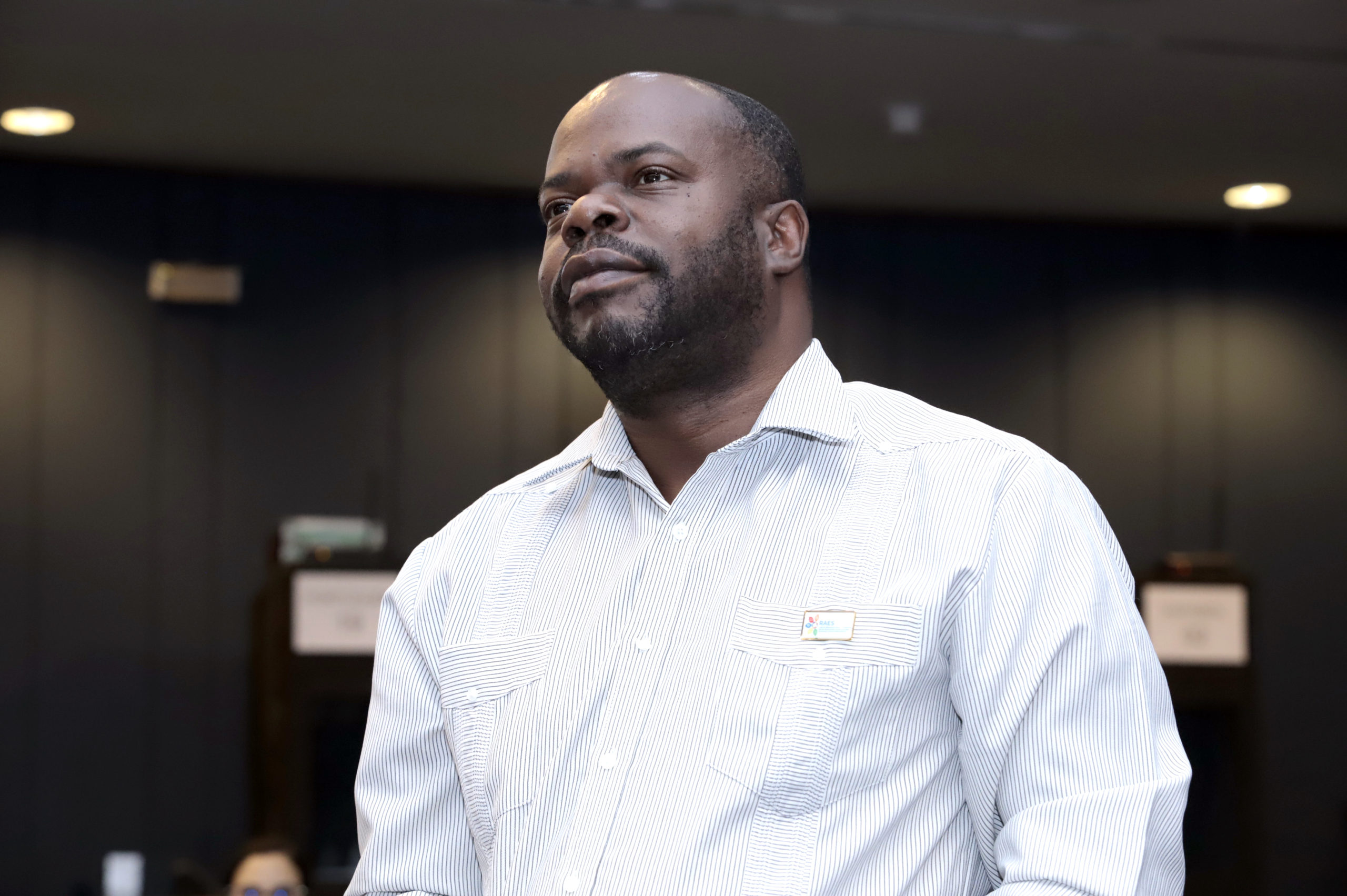Mr. Shaun Baugh, Programme Manager for Agricultural and Agro-Industrial Development at the CARICOM Secretariat
During a five-day programme in Brasília, Brazil, aimed at strengthening public policy on school feeding in Latin America and the Caribbean, I had the joy of seeing first hands the execution of the Brazilian National School Feeding Programme, the PNAE of Brazil, which serves 41 million students on a daily basis.
Among representatives from 10 LAC institutions and countries, the CARICOM Secretariat and the University of the West Indies, I took part in the technical mission held in Brasília, Brasil, from August 29 to September 2, which was organised by the trilateral south-south cooperation project Consolidation of School Feeding Programmes in LAC, carried out in the framework of the Brazil-FAO Cooperation.
After this experience, in which we could talk to managers, technicians, principals, students, nutritionists and smallholder farmers, I strongly believe that food and nutrition security is accorded high priority not only within CARICOM, which is taking steps to ensure that our children have food, but also in the region.

Participating in the mission was important because food and nutrition security is of critical significance to us. And more important, the nutritional status of our children. We believe that we need to ‘start them right to make them bright’. In order to do that, food and nutrition and school feeding play a very important role.
And by that I mean, if kids don’t have food. They can’t learn. If they can’t learn, then we are losing our human capital. We had seen successes which are taking places in Brazil, we are taking lessons learned and we will see how can we collaborate and have similar interventions thought the Caribbean.
Our children matter and it is our duty to ensure that we create the conditions that will allow them to contribute positively to national and regional development. Food and nutrition security is one of the single most important areas for us in the CARICOM region. It has been agreed that this is an area that must remain on the front burner and be given the highest priority at all times.
We have developed some comprehensive agricultural development programmes which will safeguard against this. We are grateful for this opportunity to learn and take back possible solutions to our Region that will enhance the overall food and nutrition status of our children.
For sure, the partnerships and the lessons from the mission in Brazil will be used to enhance sustainable school feeding programmes in the Region.
I thank the Brazil-FAO International Cooperation Programme, which is developed jointly by the Brazilian Cooperation Agency of the Ministry of Foreign Affairs (ABC/MRE), the National Fund for Educational Development of the Ministry of Education (FNDE/MEC), and the Food and Agriculture Organization of the United Nations (FAO).



